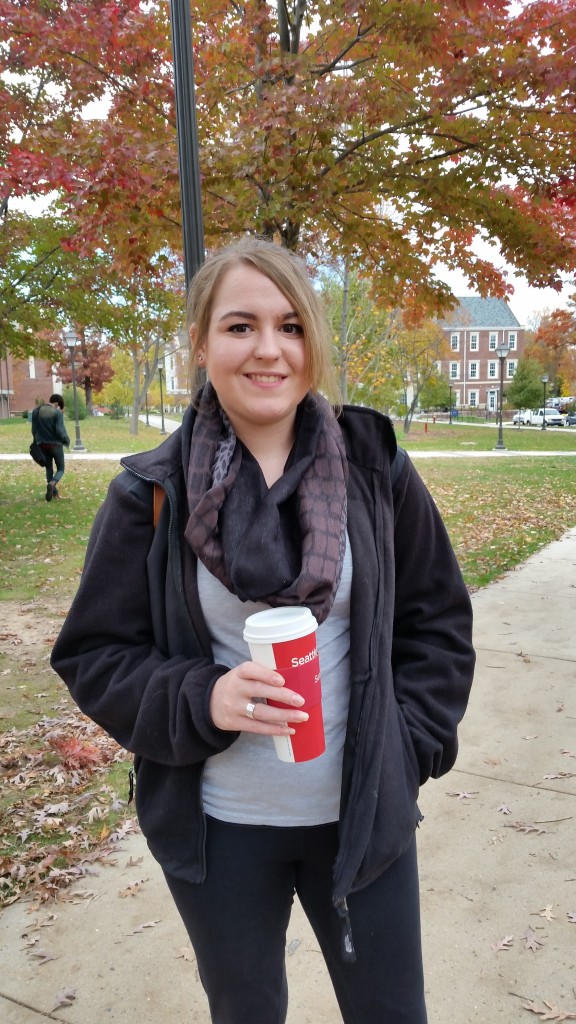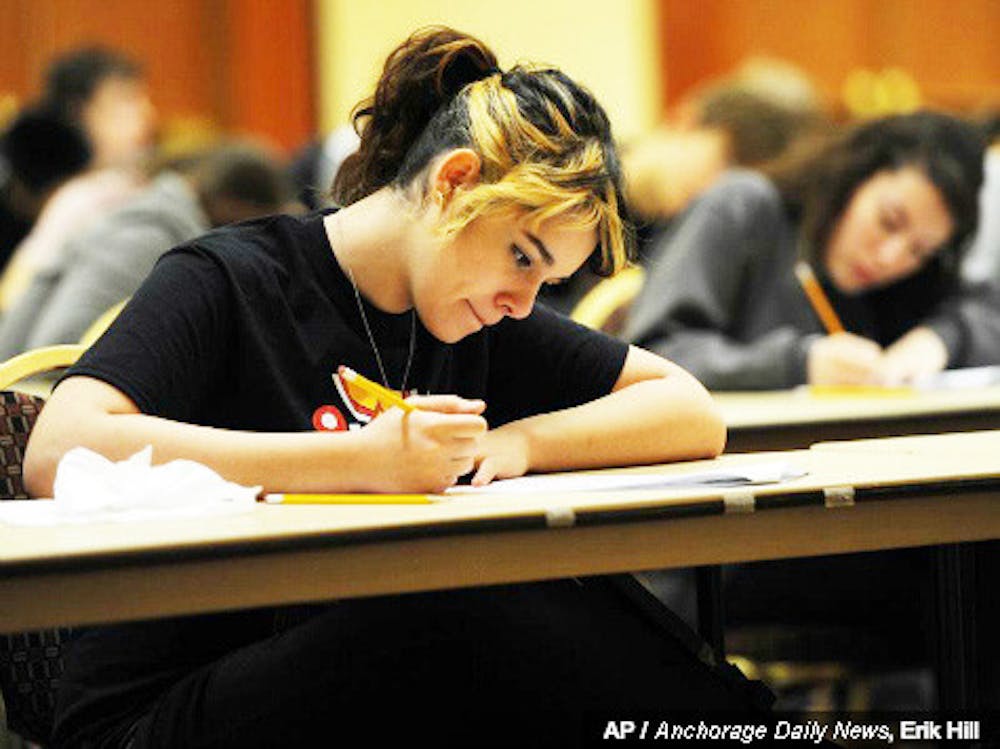By Tom Ballard
News Assistant
The recent release of the New Jersey results for the Partnership for Assessment of Readiness for College and Careers (PARCC) exam proved to be a failure for New Jersey students and teachers.
The PARCC is a controversial college and career readiness exam that was given to students for the first time earlier this year. The state now uses the exam in lieu of the New Jersey Assessment of Skills and Knowledge (NJ ASK) and High School Proficiency Assessment (HSPA) to test children from elementary school to high school on their ability to apply their knowledge to concepts instead of demonstrating their retention of knowledge, according to the New Jersey Department of Education.
Students performed poorly on the exam with only approximately 46 percent of students in grades three through 11 meeting the standard in English language arts and 34.5 percent meeting the standard in mathematics, according to nj.com.
To compare, New Jersey’s Department of Education reported that in last year’s NJ ASK assessment, 66 percent of the aggregated students in grades three through eight were proficient in English language arts literacy and 74 percent were proficient in mathematics. However, people supportive of the PARCC have used the poor results to demonstrate how essential the assessment is to the state.
“There is still much work to be done in ensuring all of our students are fully prepared for the 21st century demands of college and beyond,” David Hespe, the state’s education commissioner, said in an article on nj.com after the results were announced here in Ewing.
But one of the most interesting defenses of the exam came from former Governor Tom Kean. Kean wrote in an nj.com opinion that the PARCC is needed as a benchmark to give a more accurate answer on how close students are to what he calls the “honesty gap.” Kean said that the state used to inflate the college and career readiness test scores of their students in order to make the state’s education appear better than it was.
To this, I slightly agree with the governor. New Jersey is, thanks largely due to its already high standards and quality teachers, a high-performing state in education, and having an easy assessment in order to say that most students are proficient seems like a strong possibility.
Kean has been using the results of the National Assessment of Educational Progress (NAEP), another test to indicate students’ proficiency in various subjects, in order to show the disproportionate number of students who were scoring proficient on the NJ ASK but not on the NAEP. It is important to note that unlike the NJ ASK, which was taken by most of New Jersey third through eighth-graders, NAEP only targets approximately 7,500 students per-state — 2,500 in the fourth, eighth and 12th grade. Although the test is seen as a good estimate for student proficiency, it is an estimate nonetheless.
The state was dragged into the PARCC exam with many parents, teachers and students kicking and screaming against the exam published by British education-mega giant, Pearson. Now, after five years since New Jersey signed up to be a PARCC state, only nine of the original 23 PARCC states remain committed to the assessment, parcconline.org said. As other states try to improve their own assessment programs at the state level, New Jersey remains threaded into the educational Hindenburg that is the PARCC assessment.
I agree that New Jersey exams needed fixing, but the quasi-solution that is PARCC is not the right foundation. We need an assessment that allows us to focus on the needs of New Jersey students. One that is easier to integrate into teachers’ curriculums so they are able to spend more time teaching what they deem essential to students’ education rather than spend time teaching them how to take the exam.
But most of all, we must be wary of these numbers all together. Education has become more about the appearance of education instead of actual education. We as a state must remain focused on providing real education to students that inspires them to foster a love for learning instead of dragging that love down with hours of complex testing.
The sad fact is that American public education has become more of a Kevin Spacey-like political drama instead of focusing on the needs of students. According to the Washington Post, in 2013, U.S. Secretary of Education Arne Duncan was forced to apologize after he said it was “fascinating” that some opposition to Common Core standards, which the PARCC assessment is made to go hand-in-hand with, came from “white suburban soccer moms who — all of a sudden — their child isn’t as brilliant as they thought they were, and their school isn’t quite as good as they thought they were.”
What I find fascinating is how education, something that is meant to unify, is used by some to draw divisions between people. Simply having the courage to question what the educational system has to say can have a person marked as not caring for the children or just flat-out ignoramuses. Unless we stop giving exams like PARCC the attention that Pearson wants it to be given, and if we continue to rob teachers of the time they could be spending educating their students, the concept of providing American students a quality education, ever since the time of Horace Mann, would have all been done in vain.
Students share opinions around campus

“As for the PARCC (exam), I’ve heard it’s more difficult (than older exams). I’ve heard it’s hard and unfair.”

“I know it’s a ridiculous test... My neighbor’s a teacher and he hates (the exam). Teachers can’t teach what they want, they have to teach for the test.”







